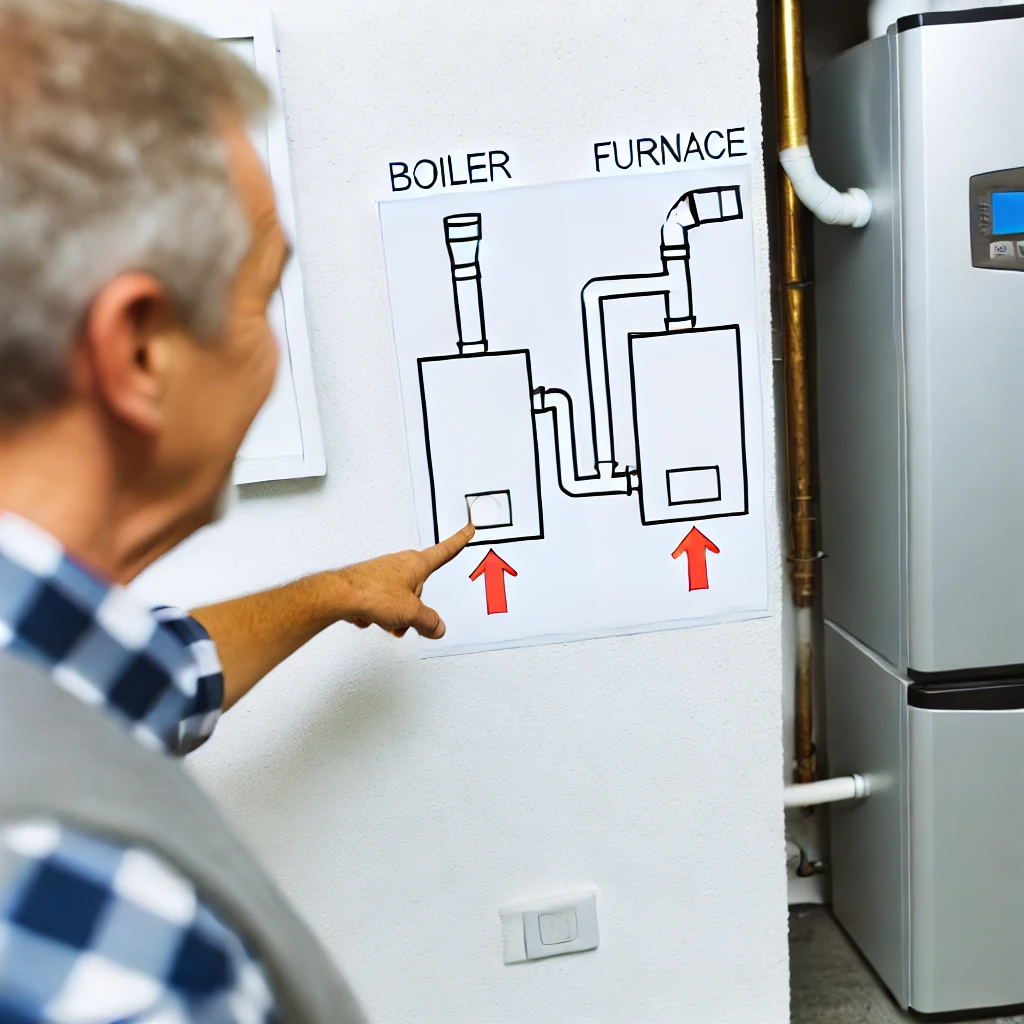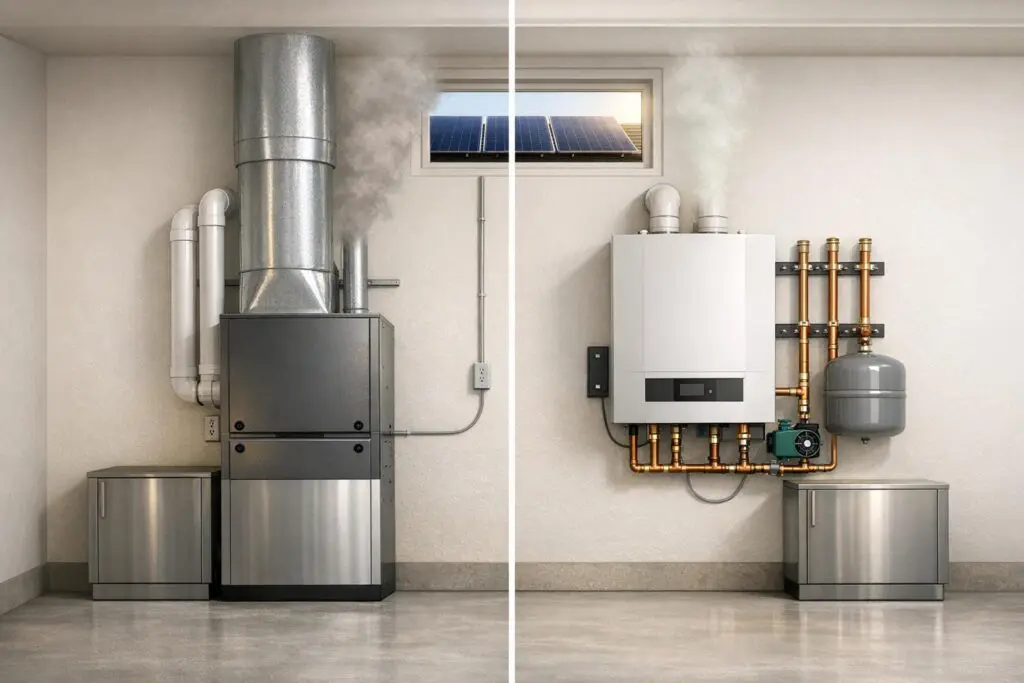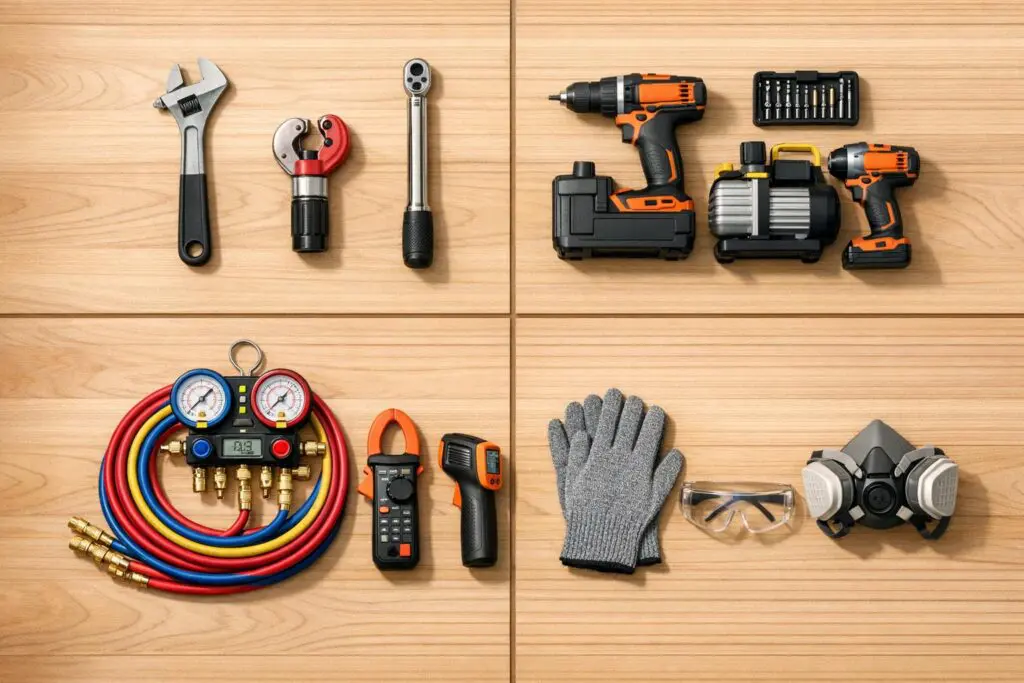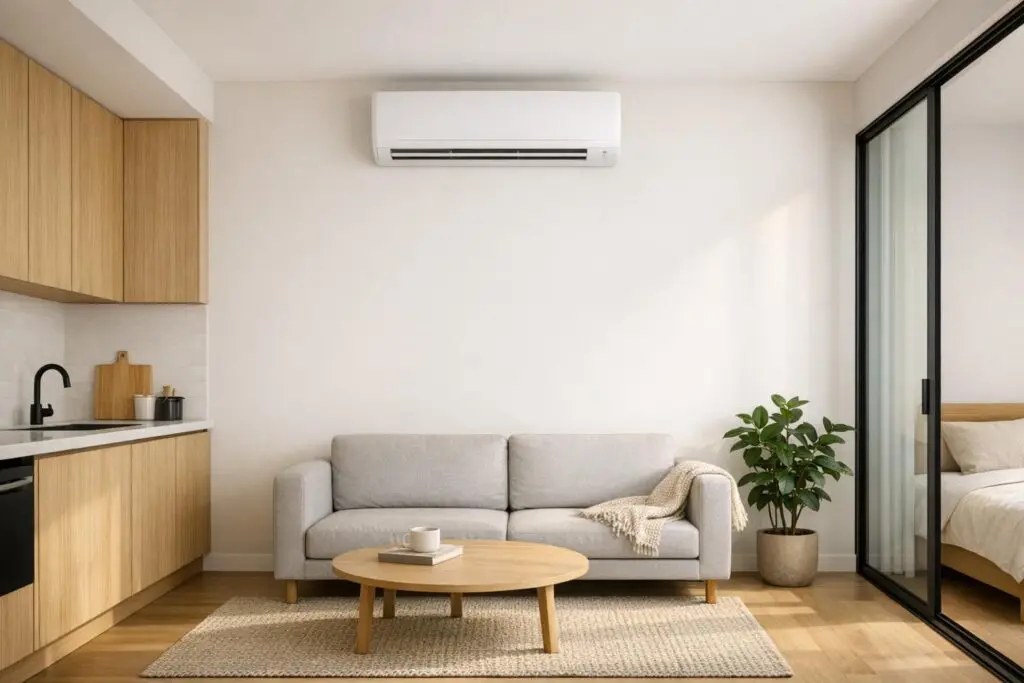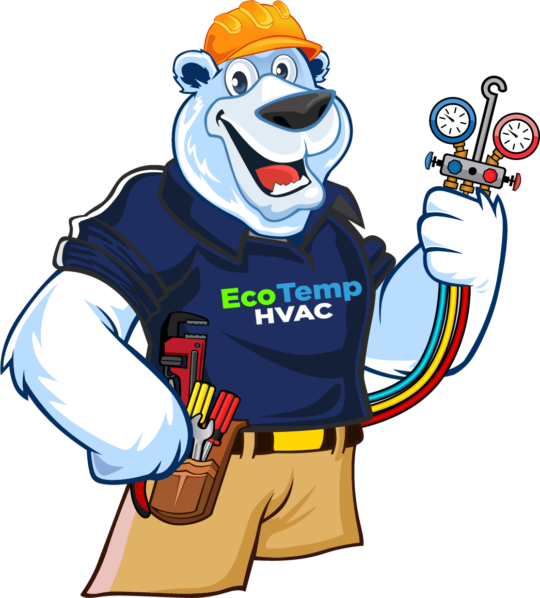Exploring the Pros and Cons of Boilers and Furnaces in 2025
As the year progresses, homeowners and HVAC professionals alike continue to seek the most efficient and reliable heating systems. With winter months demanding effective home heating solutions, understanding the differences between boilers and furnaces is crucial. This guide explores the pros and cons of boilers and furnaces in 2025, helping you make an informed decision for your heating needs.
Introduction
Heating systems are essential for maintaining a comfortable home environment. With various options available, it’s important to understand the differences between boilers and furnaces. This guide will provide a comprehensive overview of both systems, their benefits, and drawbacks, to help you decide which one is best for your home.
Boilers
Definition of Boilers
Boilers are heating systems that use water to distribute heat throughout a home. They work by heating water to create steam or hot water, which is then circulated through pipes to radiators or radiant floor systems.
How Boilers Work
Boilers heat water using natural gas, oil, or electricity. The heated water or steam is then distributed through a network of pipes to provide warmth. Radiant heating systems, which are often used with boilers, offer even heat distribution and high energy efficiency.
Types of Boilers
- Combi Boilers: Combine heating and hot water in one unit, ideal for smaller homes.
- System Boilers: Require a separate hot water tank, suitable for larger homes.
- Conventional Boilers: Traditional boilers with a hot water tank and cold water storage tank, best for homes with multiple bathrooms.
Efficiency and Cost Comparison
Boilers tend to be more energy-efficient than furnaces. They operate quietly and provide even heat distribution. However, they can be more expensive to install and maintain. For more information on new boiler, pricing visit our Navien Boiler Pricing Guide.
Furnaces
Definition of Furnaces
Furnaces are heating systems that use air to distribute heat. They work by heating air, which is then circulated through ducts and vents to warm the home.
How Furnaces Work
Furnaces use natural gas, oil, or electricity to heat air. The heated air is blown through a system of ducts and vents, distributing warmth throughout the house. Furnaces can heat a home quickly and are often less expensive to install than boilers.
Types of Furnaces
- Gas Furnaces: Use natural gas for fuel, known for their efficiency and low operating costs.
- Oil Furnaces: Use oil as fuel, typically found in older homes.
- Electric Furnaces: Use electricity to heat air, usually more expensive to operate.
Learn more: How to Choose the Right Furnace Size for Your Home in St Charles and Chicago
Efficiency and Cost Comparison
Furnaces can be less expensive to install than boilers, but their operating costs can be higher, especially for electric models. They are also louder and can cause uneven heating. Learn more about our furnace installation services.
Factors to Consider
Size and Heating Capacity
When choosing between a boiler and a furnace, consider the size and heating capacity required for your home. Boilers are typically better for larger homes with higher heating demands.
Fuel Source
Both boilers and furnaces can use natural gas, oil, or electricity. The choice of fuel source can impact the operating cost and efficiency of the system.
Installation and Maintenance Costs
Boilers generally have higher installation costs but lower maintenance needs. Furnaces are cheaper to install but may require more frequent maintenance. Regular furnace maintenance can help ensure optimal performance.
Environmental Impact
Boilers are often more environmentally friendly due to their higher efficiency and lower emissions. Energy efficiency enthusiasts may prefer boilers for their lower carbon footprint.
Lifespan and Durability
Boilers typically have a longer lifespan than furnaces, often lasting 15-30 years with proper maintenance. Furnaces may need to be replaced after 15-20 years. Check out our boiler maintenance services to extend the life of your heating system.
Pros and Cons
Advantages of Boilers
- More energy-efficient
- Quiet operation
- Even heat distribution
- Longer lifespan
Disadvantages of Boilers
- Higher installation costs
- Longer heat-up time
- Requires more space for installation
Advantages of Furnaces
- Lower installation costs
- Quick heating
- Less space required for installation
Disadvantages of Furnaces
- Higher operating costs
- Louder operation
- Uneven heat distribution
Which is Better?
The best choice between a boiler and a furnace depends on your specific needs, budget, and home size. For personalized advice, contact our experts at Eco Temp HVAC or call (224) 253-8131 to speak to one of our eco comfort professionals.
Explore more: 10 Reasons to Upgrade to a High Efficiency Boiler
Conclusion
Both boilers and furnaces have their pros and cons. When choosing between them, consider factors like energy efficiency, cost, installation requirements, and your home’s heating needs. For more insights on heating systems, visit our blog.
Key Questions
-
The main difference between a boiler and a furnace is the method of heat distribution. Boilers use water or steam to generate heat and distribute it through radiators or radiant floor systems. Furnaces heat air and distribute it through ducts using a blower motor. Boilers provide a more even and comfortable heat, while furnaces can heat a home quickly.
-
Boilers heat water to produce steam or hot water, which is then circulated through pipes to radiators or underfloor systems. Furnaces heat air, which is then distributed throughout the home via ductwork and vents. Boilers often provide more consistent and comfortable heating, while furnaces can quickly heat a home.
-
Converting a furnace to a boiler or vice versa is a complex process that typically requires a complete overhaul of your heating system, including the installation of new equipment and ductwork or piping. It is often more practical and cost-effective to replace the existing system with a new one that suits your needs.
-
Boilers and furnaces can use various fuel sources including natural gas, oil, propane, and electricity. The choice of fuel depends on availability, cost, and efficiency. Natural gas is the most common and cost-effective fuel for both boilers and furnaces.
-
The average lifespan of a boiler is around 15 to 30 years, while a furnace typically lasts between 15 to 20 years. Regular maintenance can extend the lifespan of both systems, ensuring they operate efficiently and safely.
-
It is recommended to have your boiler or furnace serviced annually to ensure they operate efficiently and safely. Regular maintenance can help identify potential issues before they become major problems, extending the lifespan of your heating system.
-
Boilers provide more consistent and even heating, reduce allergens in the air, and can be more energy-efficient, especially for homes with radiant floor heating. They also operate more quietly than furnaces. However, boilers are generally more expensive to install and may require more complex maintenance.
-
Signs that your boiler or furnace may need to be replaced include frequent breakdowns, increased energy bills, uneven heating, strange noises, and the system being over 15 years old. Regular maintenance can help identify these issues early on.
-
Boilers are generally more energy-efficient than furnaces because water is a better heat conductor than air. However, modern high-efficiency furnaces can be very energy-efficient as well. The efficiency of both systems depends on the model, fuel type, and maintenance.
-
Common maintenance tasks for boilers include checking and cleaning the heat exchanger, inspecting the burner and pilot light, and ensuring proper water levels and pressure. For furnaces, maintenance includes replacing air filters, cleaning the blower motor and ducts, and checking the heat exchanger and thermostat.
-
Boilers can be used to heat both your home and water through a system called a combination (combi) boiler. Furnaces typically only provide heating for the home, and a separate water heater is required for hot water supply.
-
Choosing between a boiler and a furnace depends on factors such as your home’s existing infrastructure, budget, heating needs, and personal preferences. Consider consulting with an HVAC professional to determine the best option for your home.
-
Both boilers and furnaces can pose safety risks if not properly maintained. Boilers may have issues with water leaks and pressure, while furnaces can have problems with carbon monoxide leaks. Regular maintenance and inspections are essential to ensure safe operation.
-
The main factors affecting the cost of a boiler or furnace include the type and efficiency of the unit, installation complexity, fuel type, and the size and capacity required for your home. Additional costs may include ductwork or piping modifications and regular maintenance.
-
It is strongly recommended to have a professional install a boiler or furnace. Proper installation ensures the system operates safely and efficiently. DIY installation can void warranties and may not meet local building codes, leading to potential safety hazards.
For more information and expert HVAC services, contact Eco Temp HVAC at any of our locations in Chicago, Lemont, Downers Grove, Palatine, Kirkland, and St. Charles, IL. We are here to help you with all your heating needs.


